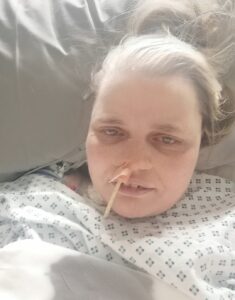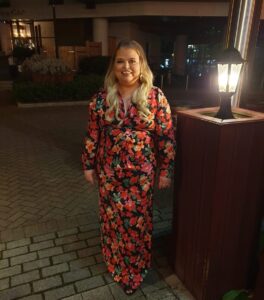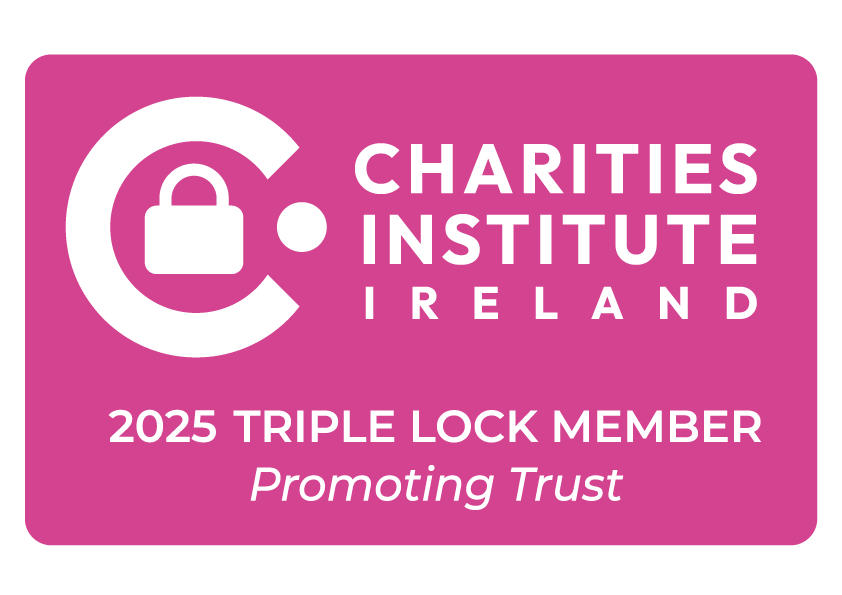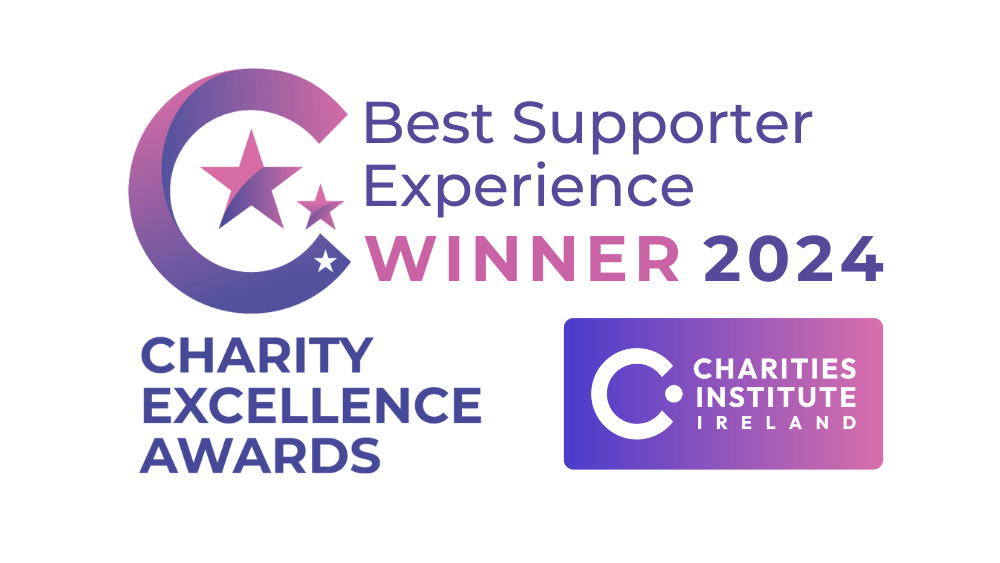Susan’s Story:
 Susan lost both her Mam and her brother at a young age to heart disease. When she started to get fainting spells ten years ago, she didn’t realise there would be a genetic connection and that a life-saving heart transplant lay ahead:
Susan lost both her Mam and her brother at a young age to heart disease. When she started to get fainting spells ten years ago, she didn’t realise there would be a genetic connection and that a life-saving heart transplant lay ahead:
“I started having regular fainting spells from around 2013. They really used to come along without warning and there didn’t seem to be anything in particular that would set them off. Strangely enough, I didn’t feel that unwell but was being closely monitored to try find a cause.
This was about a year after my brother had passed away at 37 from Heart Disease. A short while after his death, some of his body tissue was sent to the United States for testing, and, eventually, a rare genetic disorder – Danon’s disease was identified. After a number of tests here in Ireland, it was confirmed I was a carrier in 2016. Danon’s causes weakening of the heart muscle (cardiomyopathy) and it meant that I needed to be fitted with an ICD (Implantable cardioverter-defibrillator) in 2017 to shock and restart my heart if it stopped beating.
My ICD was regularly monitored by the Family Heart Screening team at Heart House and all was pretty okay until I got married in 2019. On the way back from my honeymoon in Portugal, I felt awful and my husband Thomas had to bring me straight to the Mater from the airport. Following tests, it was confirmed I had heart failure.
During that visit I met the amazing Dr. Emer Joyce. She is a powerhouse and would be with me for the rest of my journey. As would the wonderful nurses and support staff at the Mater Hospital – some of whom had also looked after my brother.
2020 was a blur, and given my condition and the arrival of COVID, I basically hid away. Then in January 2021, I had the first of my cardiac arrests – my ICD saved me. There would be six more before the June Bank Holiday in 2021. With my heart failing fast, I was confined to hospital and approved for the transplant list.
Waiting for a transplant in a surreal experience. Often you’re one of three or four people that a donated heart could be for. The first time I was up for a transplant, I was excited and nervous. The prep beforehand is so detailed and my husband and sister, Tarlina, were waiting with me. It was almost like a Christmas Eve when you’re young, but unfortunately that heart wasn’t meant for me. The second and third time it wasn’t meant for me either.
 The fourth time I was up for a transplant, I really did feel my own heart couldn’t go on much longer. Then I heard I was up for this donated heart on my own – I just knew all the tests would work out and ‘my heart’ was here. That night I had my best night’s sleep in weeks and only vaguely remember them moving me onto the trolley to bring me down to theatre.
The fourth time I was up for a transplant, I really did feel my own heart couldn’t go on much longer. Then I heard I was up for this donated heart on my own – I just knew all the tests would work out and ‘my heart’ was here. That night I had my best night’s sleep in weeks and only vaguely remember them moving me onto the trolley to bring me down to theatre.
Post-op I was moved to ICU (Intensive Care Unit) but the only thing I remember from that time was the tube being removed from my throat. I had been moved to HDU (High Dependency Unit) before I actually woke up – and it would be eight weeks post-op before I could see my husband and sister face-to-face again.
Absolutely nothing can prepare you for how tough the journey is post-op. You’re battling infections, rejections and learning how to walk and function again – and you can find yourself drifting into deep depressions. I suppose it’s a kind of post-traumatic stress.
During the 12 months post-op, I went into rejection on a number of occasions – sometimes R3 or the most severe level of rejection. I had to have chemotherapy to counteract it, and lying on my back for ten hours I wondered if I could continue to battle on. But I thought of my brother Noel and the fact that he hadn’t had this chance. And my husband, Thomas, gave me the tough love required and I kept going. There was one more setback on New Year’s Eve when I finally tested positive for Covid, having avoided it for almost two years – the isolation brought back tough memories, but I got through it.
Since January, my bloods have been good. With counselling support, I’ve been working through the ‘trauma’ of the last three years. I eventually convinced myself to join a gym and that has been a big step in putting myself back out into the world, and I’m beginning to live.
I’m so grateful to my organ donor and their family for this gift of life. I know as a transplant patient I’ll constantly have to battle for a future, but I’m ready for that. The support from the Mater hospital staff has been amazing and I know I can still rely on it if I need it.”
Further information on rare conditions, such as Danon’s Disease, is available from the National Rare Diseases Office at www.rarediseases.ie.
You can support the work of the Mater Foundation here: Support frontline patient care | Mater Foundation.



